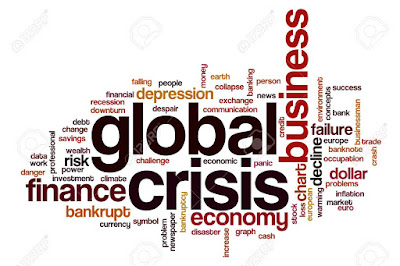LGBT Aktivistlerine Cevap

Uzun zamandır bu konu üzerine yazmak istiyordum ama taslakta duran onlarca başlık olduğu için bu kadar derin bir konuya vakit ayırıp yazmak bana pek bir yorucu görünüyordu doğrusu. Buna rağmen, fikirlerimi yazıp yansıttığım bu blog sayfasına, yine benim görüşlerimi yansıtan, bir kangren haline gelmiş Lgbt konusu ile ilgili bir şeylerin de bulunması gerektiğini düşünüyorum. Bu yüzden geçenlerde okuduğum bir yazının desteklediğim bölümlerini gerekirse biraz eklemeler yaparak Blog sayfama koymak istedim. İlgililer için yazının tamamını bulabileceğiniz bağlantı adresini, metnin altındaki kaynak kısmına bırakıyorum. Bu yazı ile ilgili itirazlarınız var ise de metnin alt kısmındaki yorum kısmından veya Instagram 'DM' kısmından bana ulaştırabilirsiniz (herkesin okuyabilmesi için yazının altındaki yorumlama kısmını kullanmanız tercihimdir). Bunun dışında yazının tamamının okunarak ve ad hominem'den (insan karalama safsatası) uzak durarak yapılan eleştirileri daha fazla ciddiye alac...





